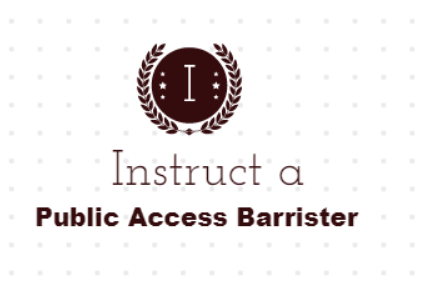BARRISTER MAGAZINE
Read the Barrister Magazine, a fantastic legal resource for online News, Articles & Information for Barristers in the UK. Keep abreast of Law Articles, Find a Barrister, Subscribe to our Articles on the Latest Legal News, Legal Services, Law Events, Expert Witnesses & Barrister Services. Its all here, ready to educate, inspire & Inform


